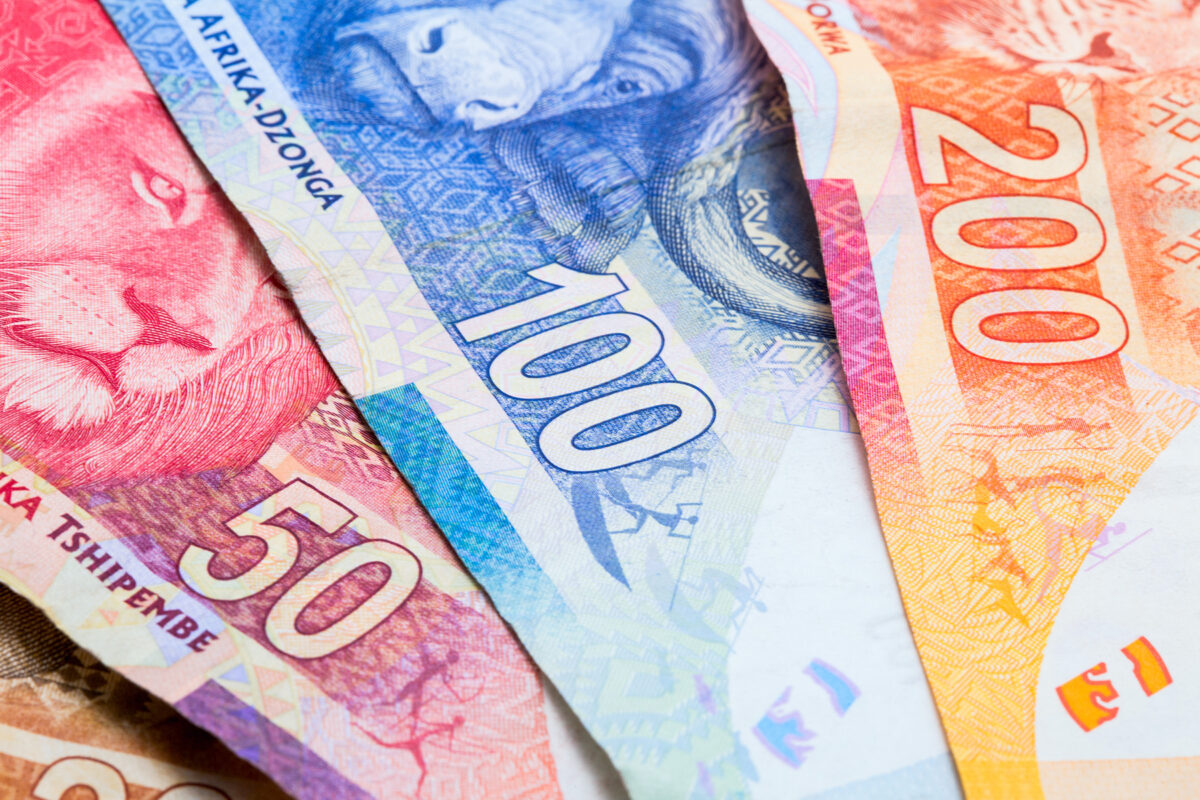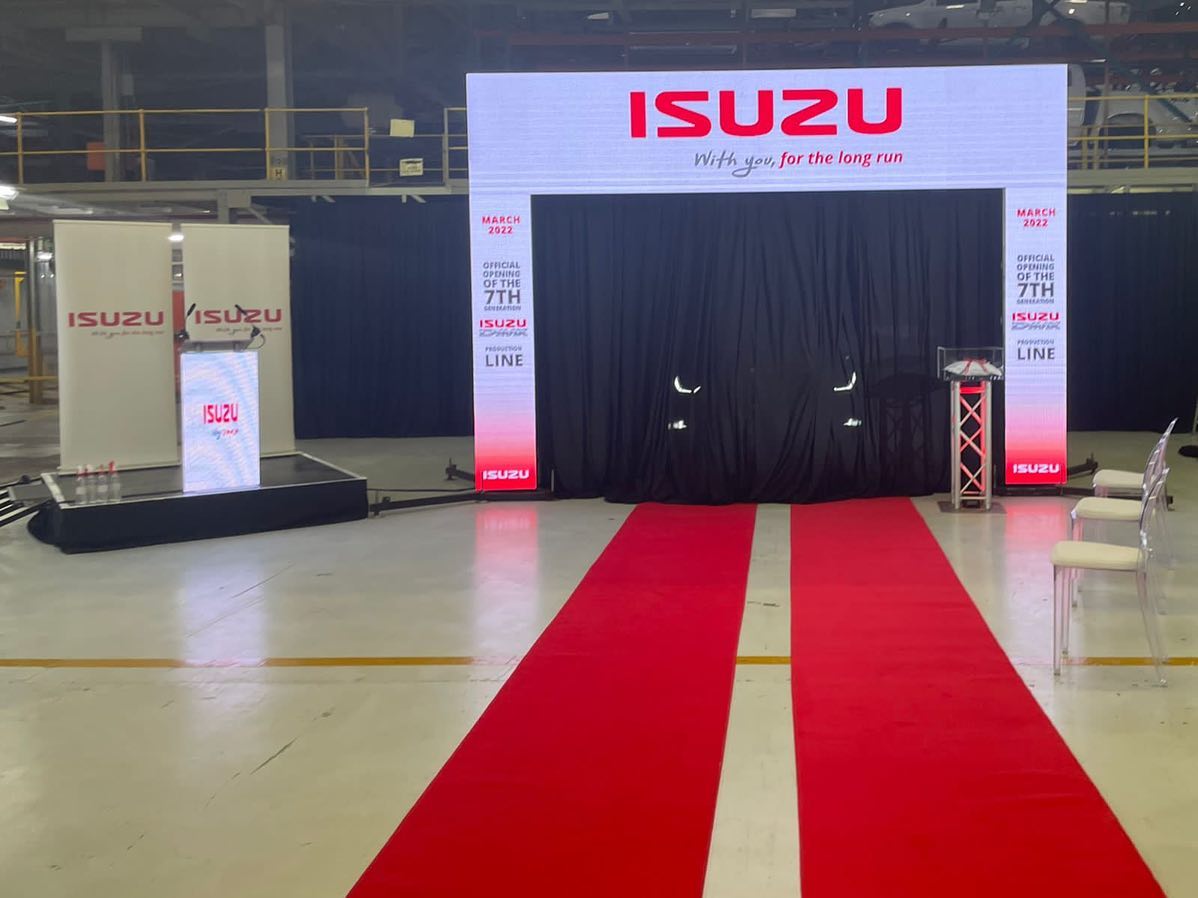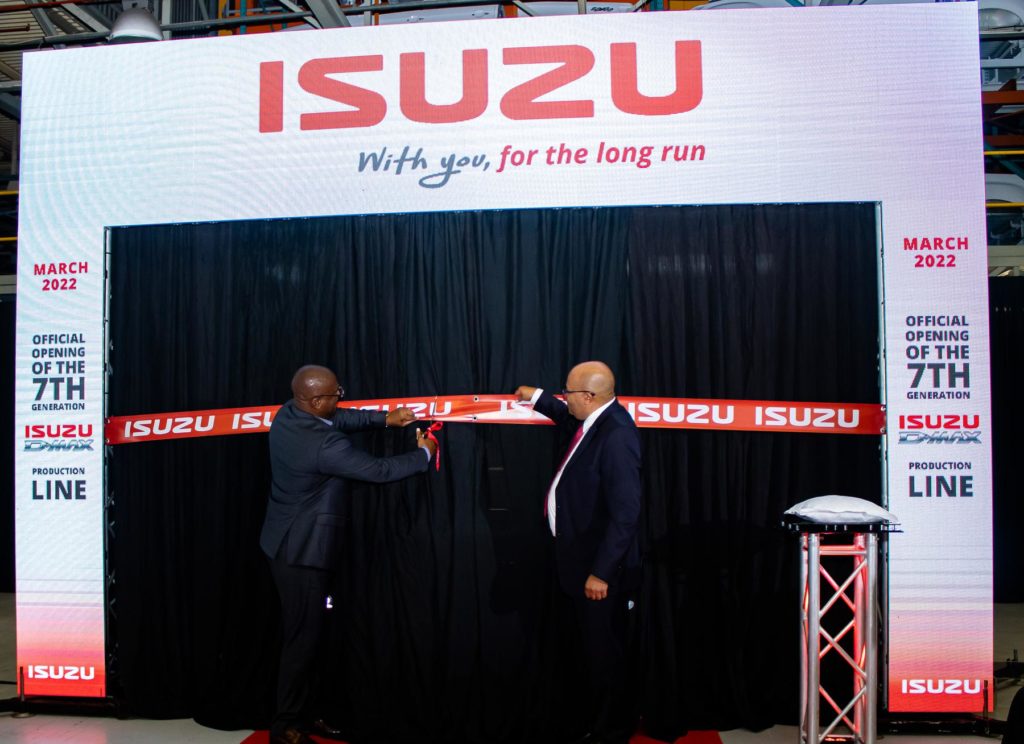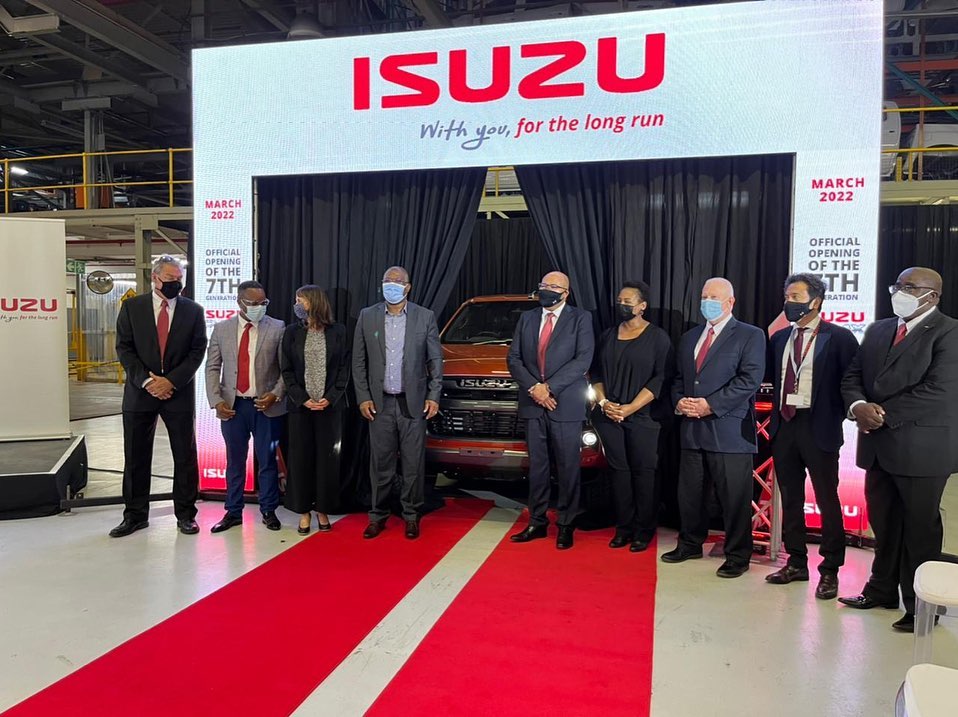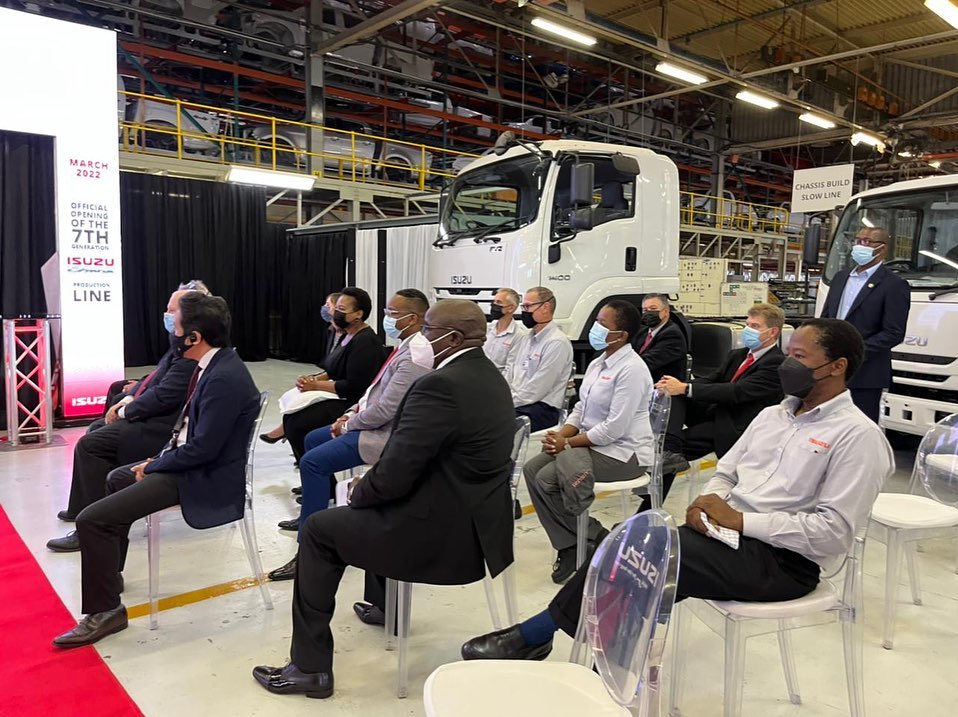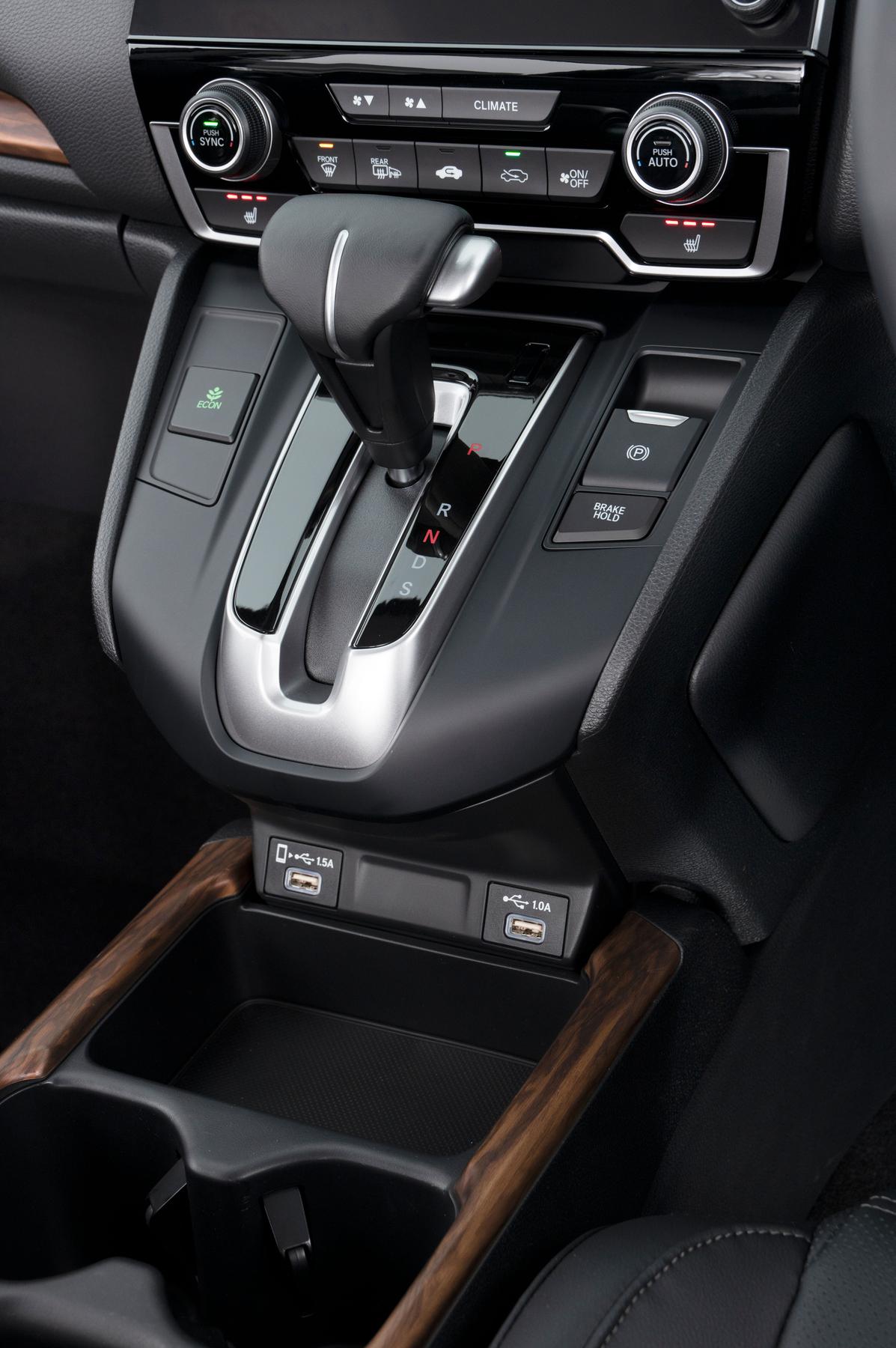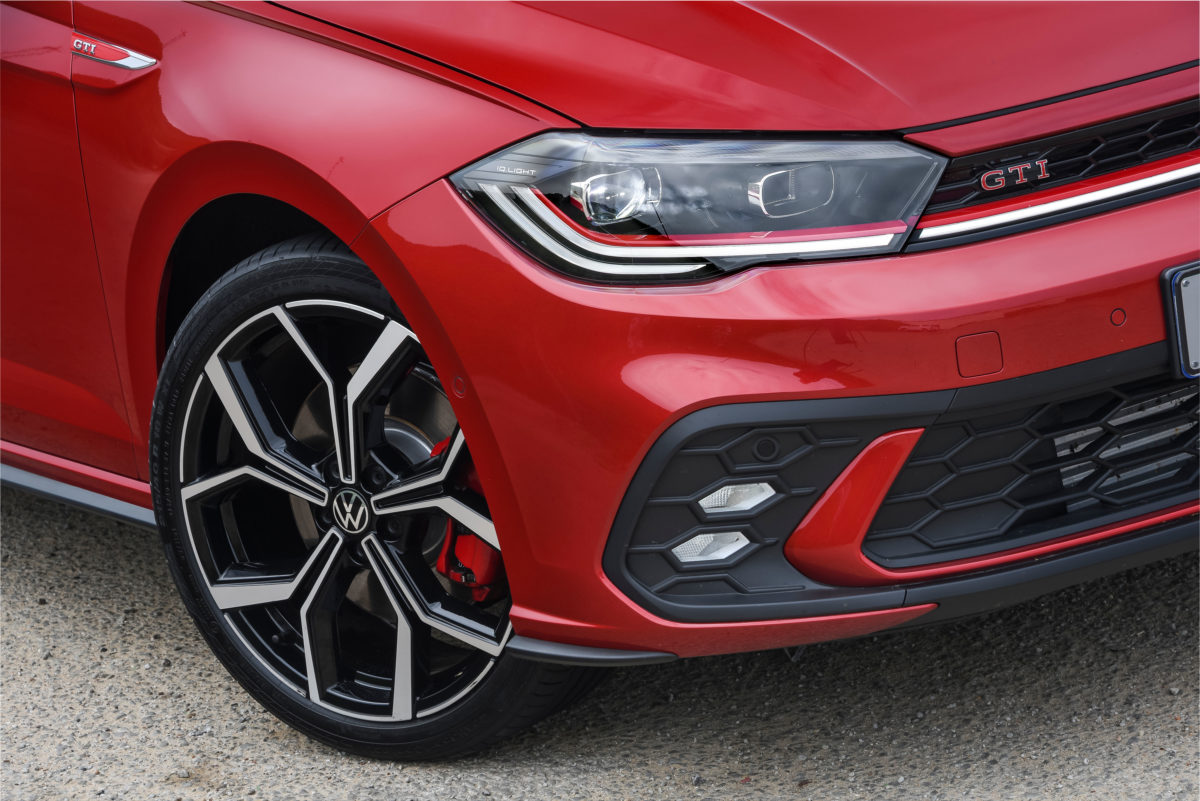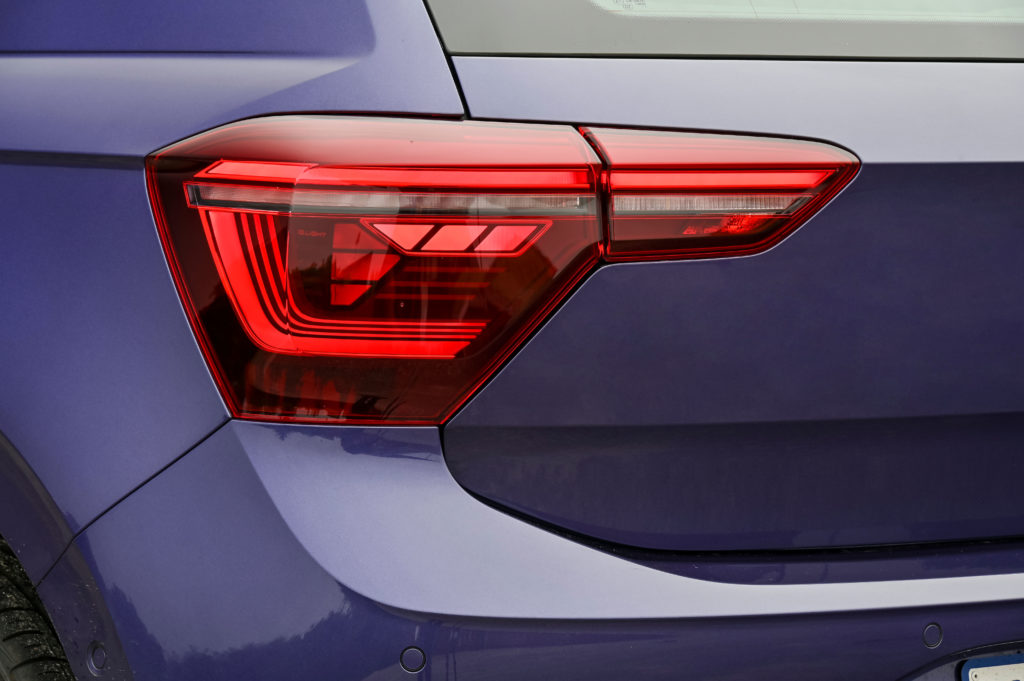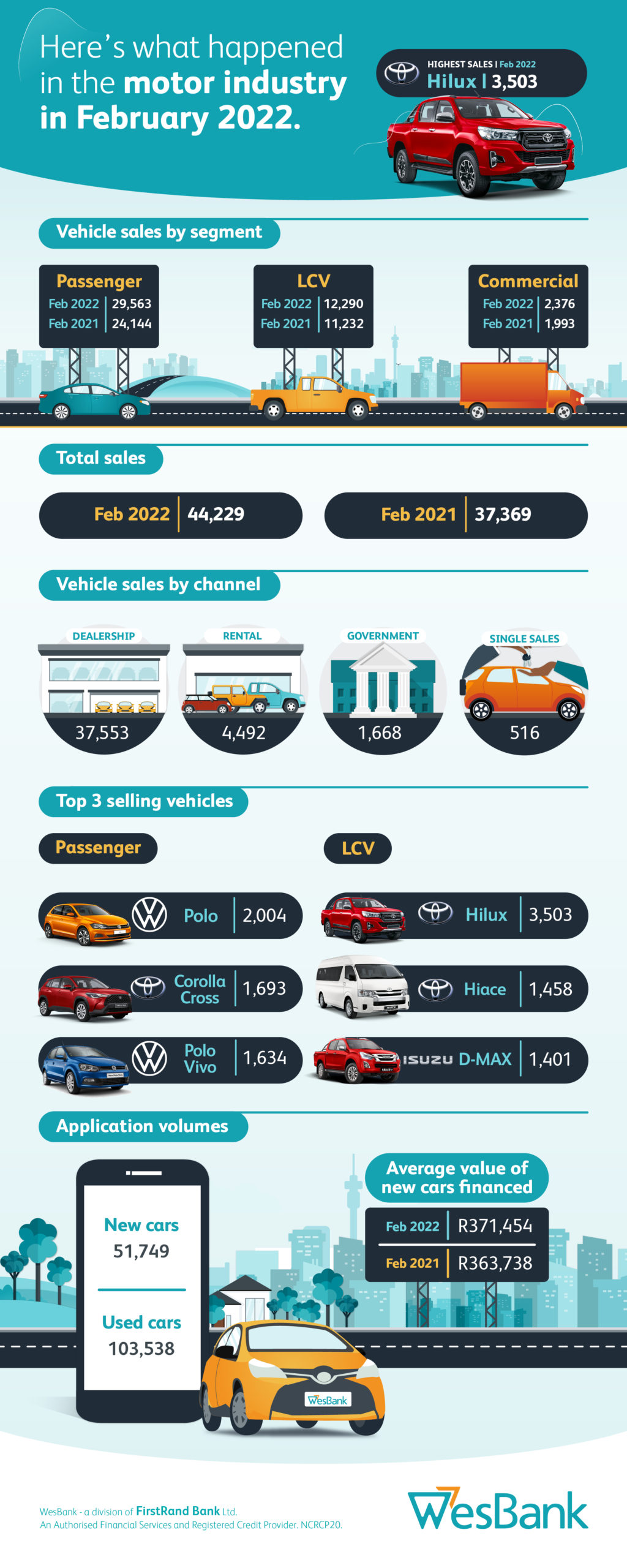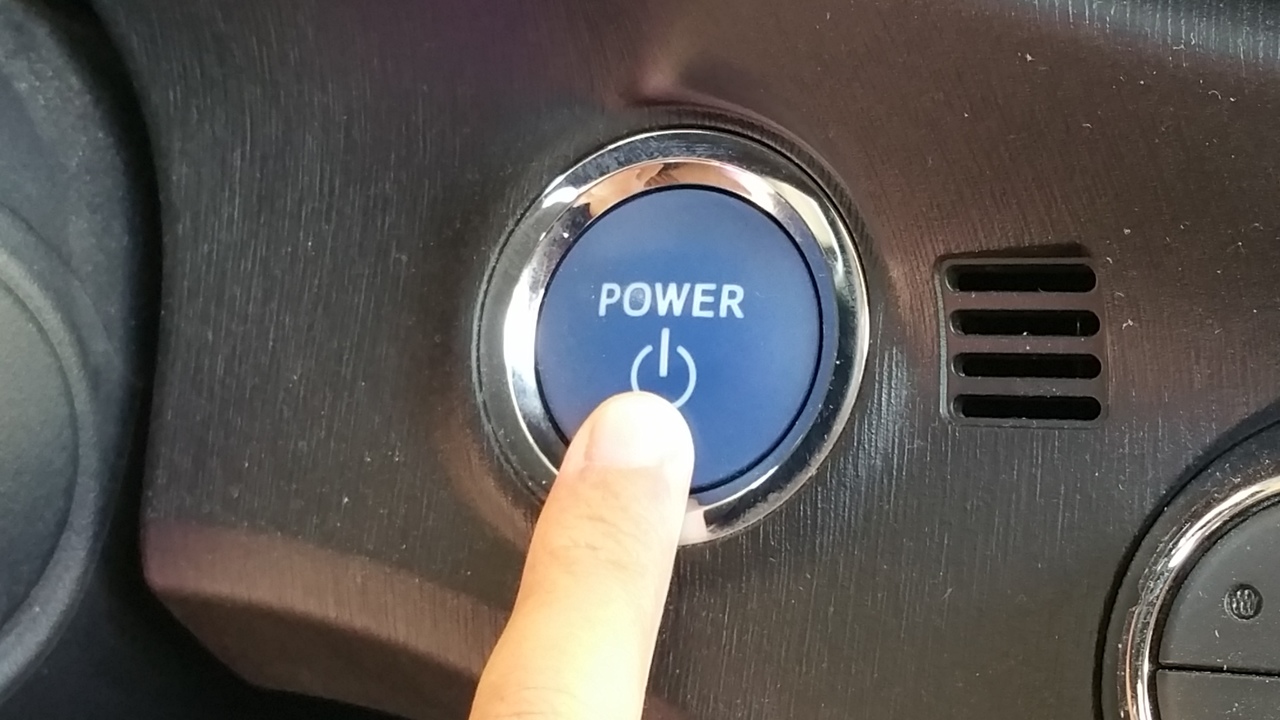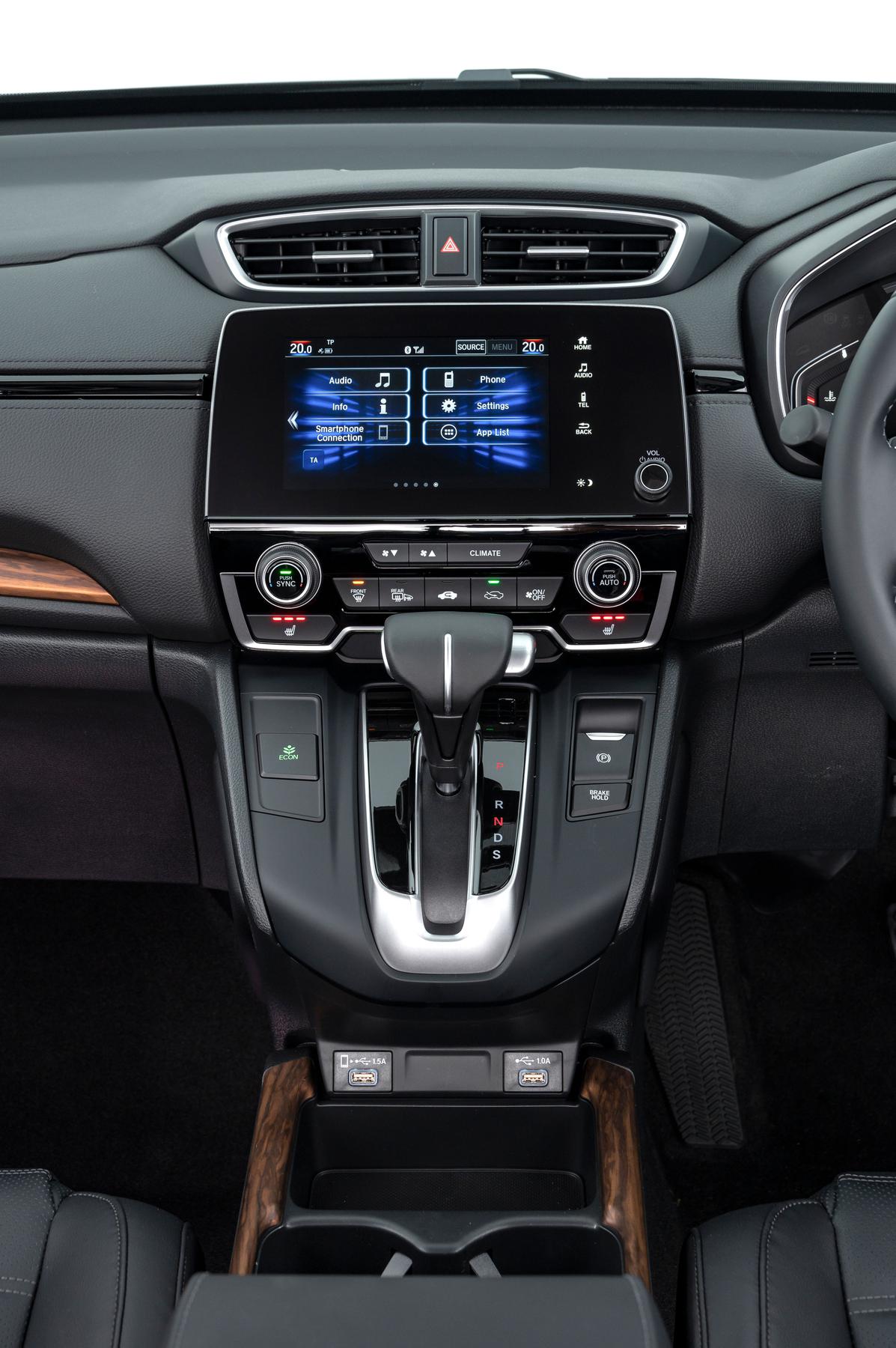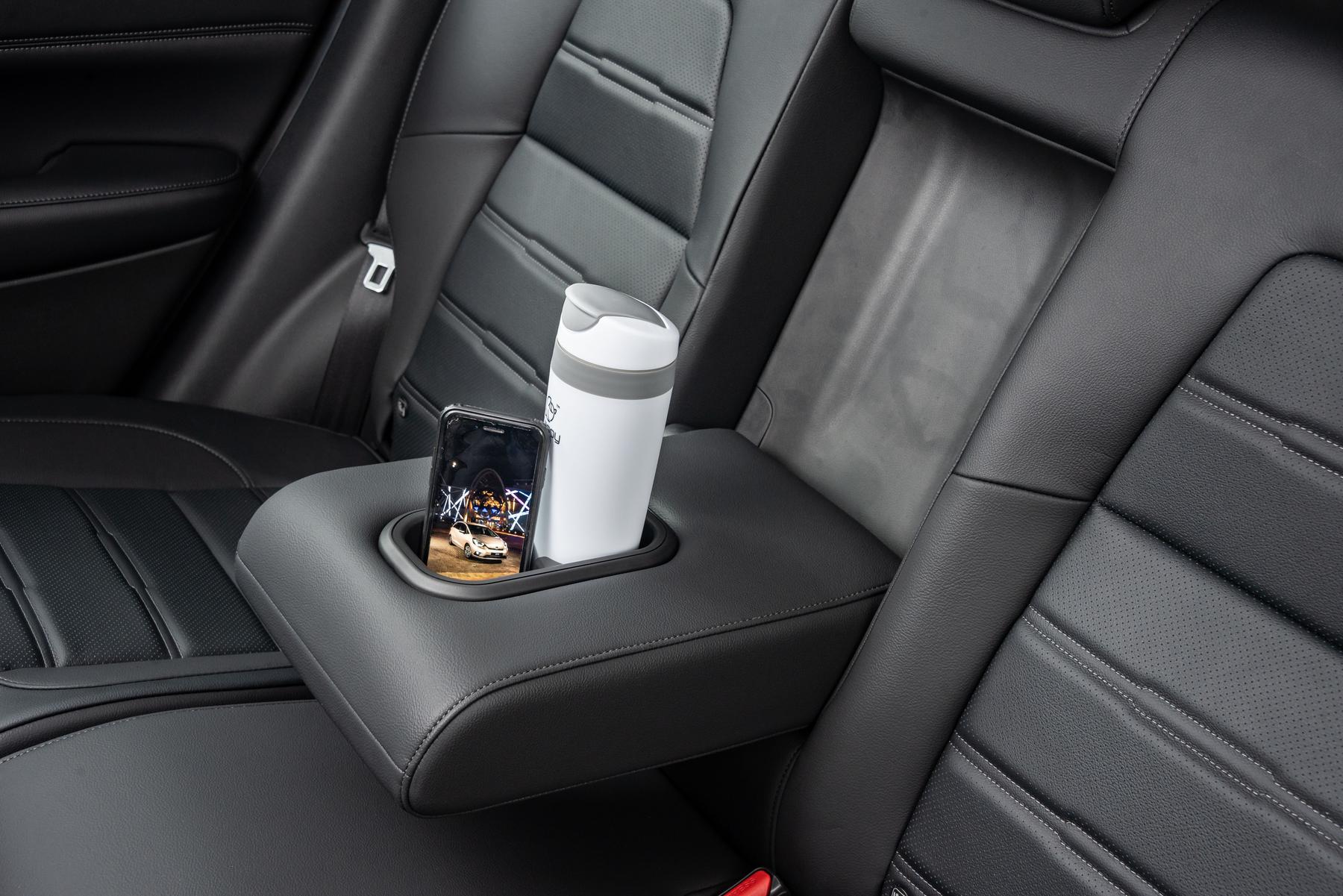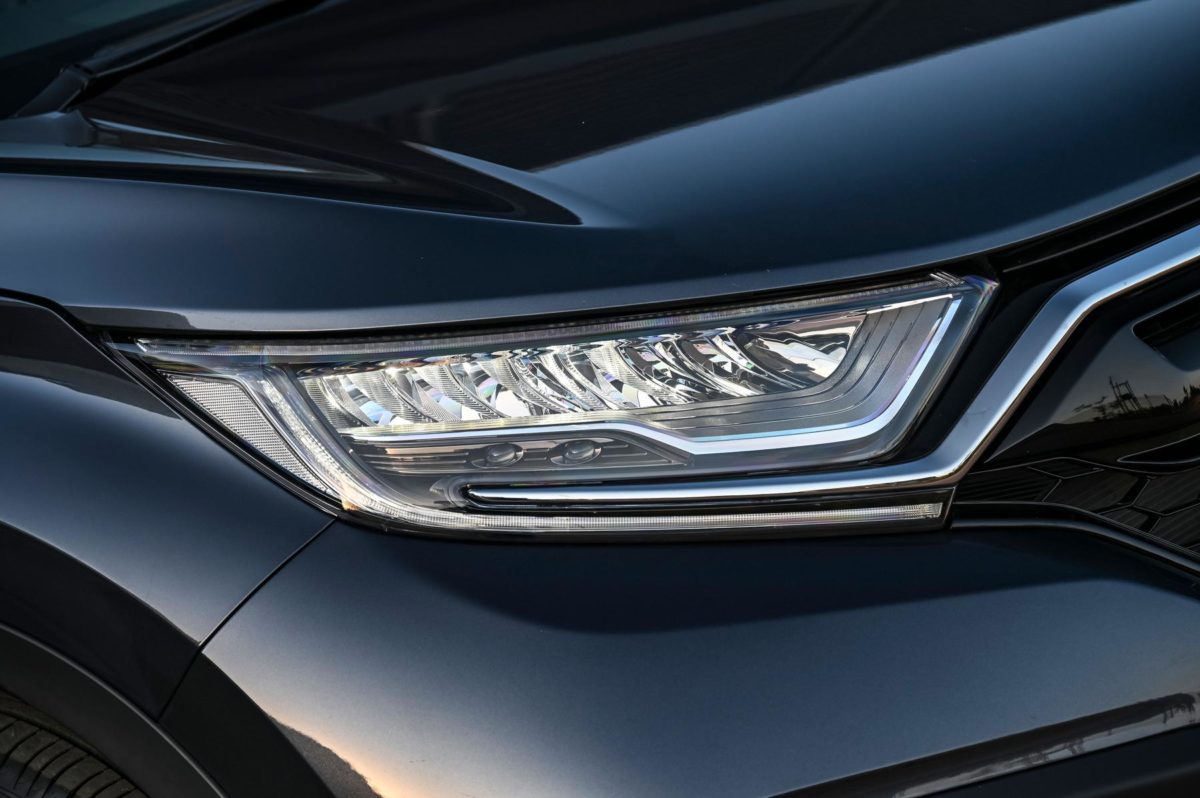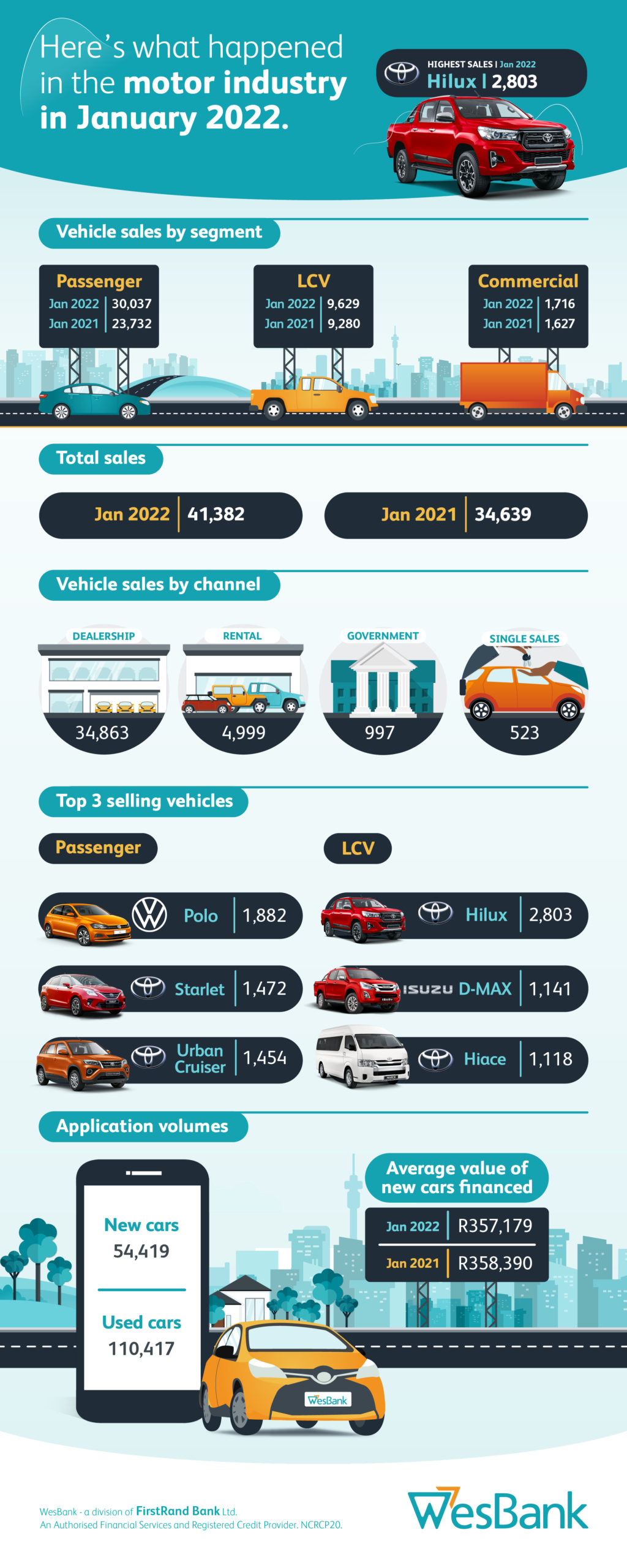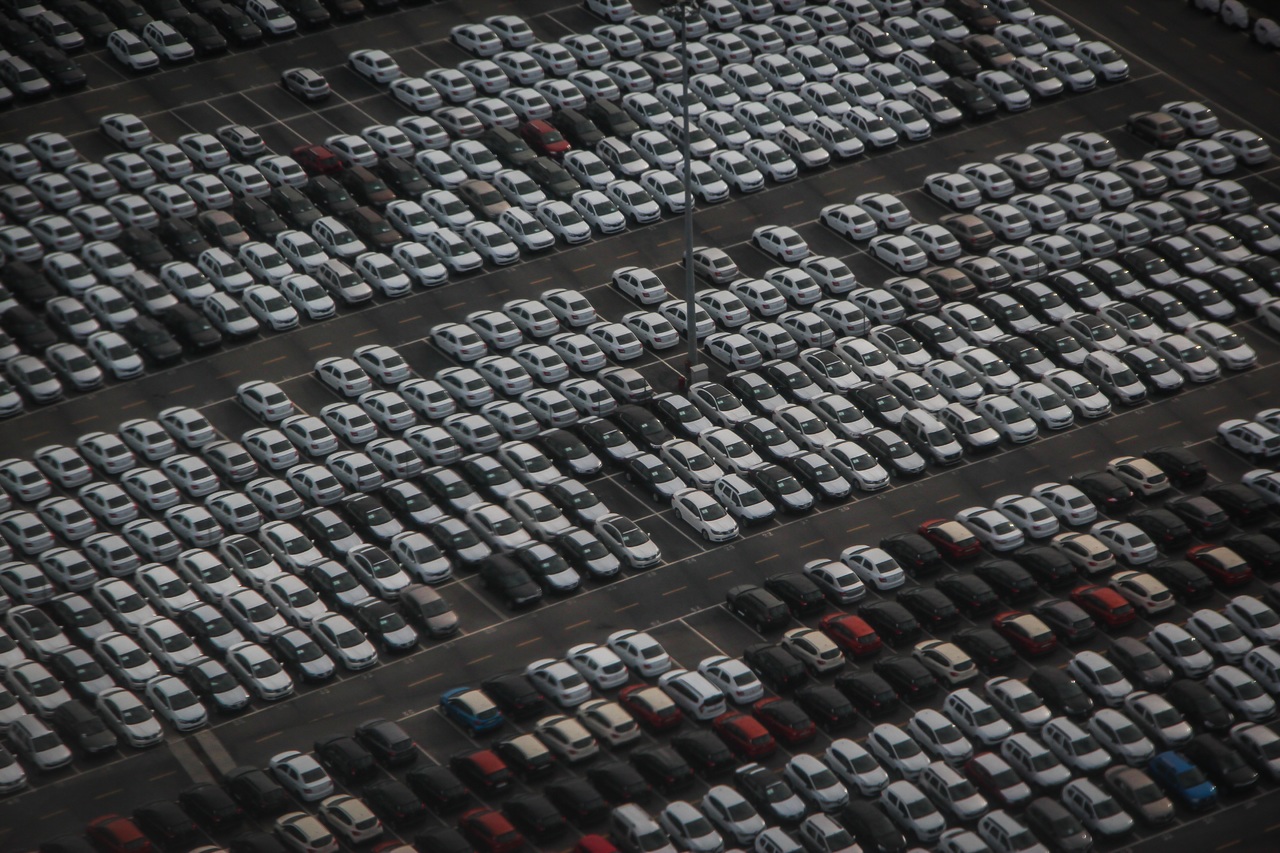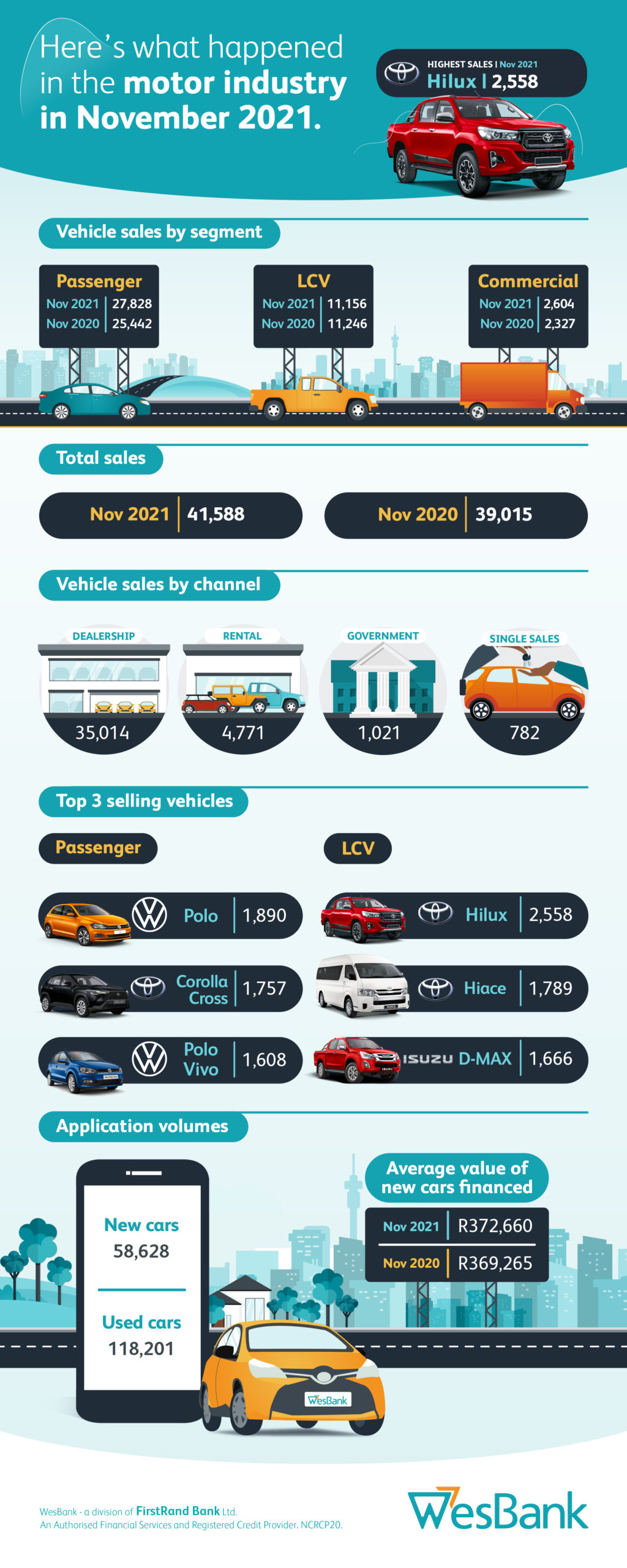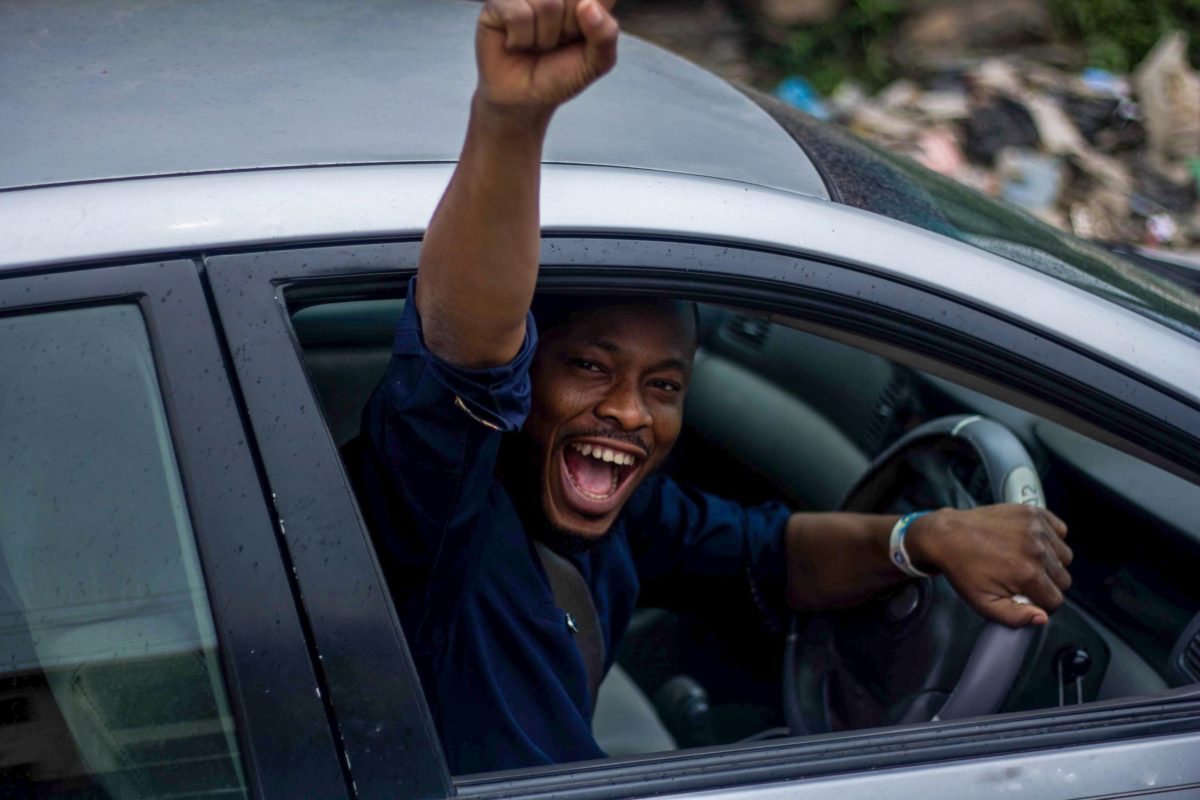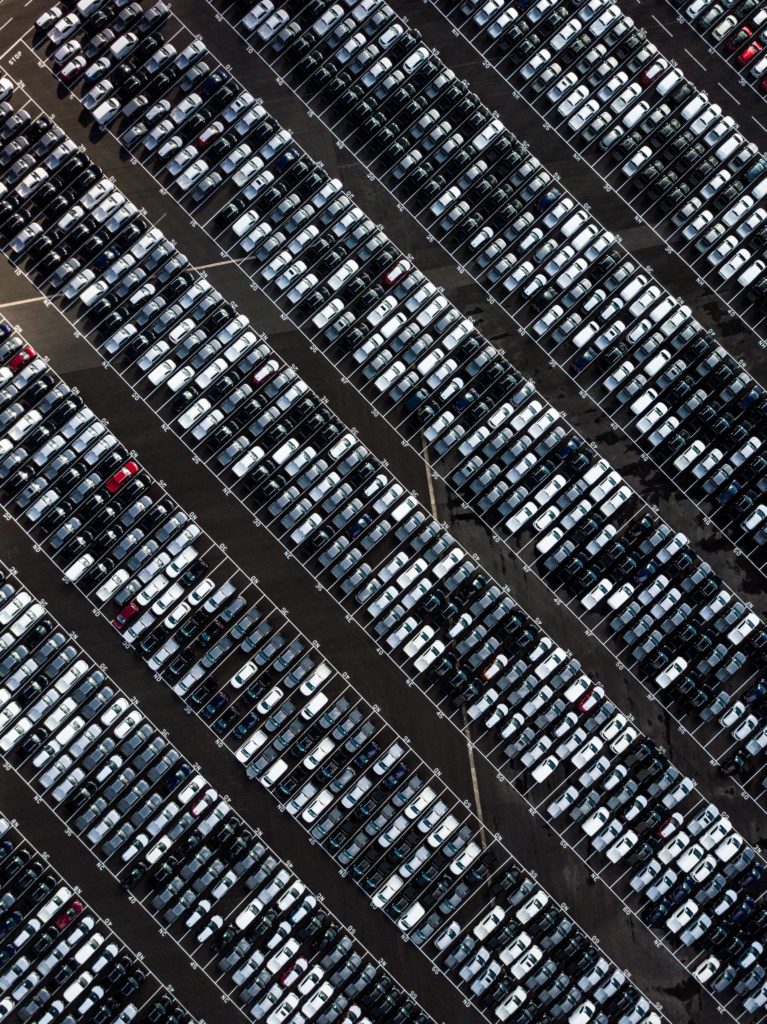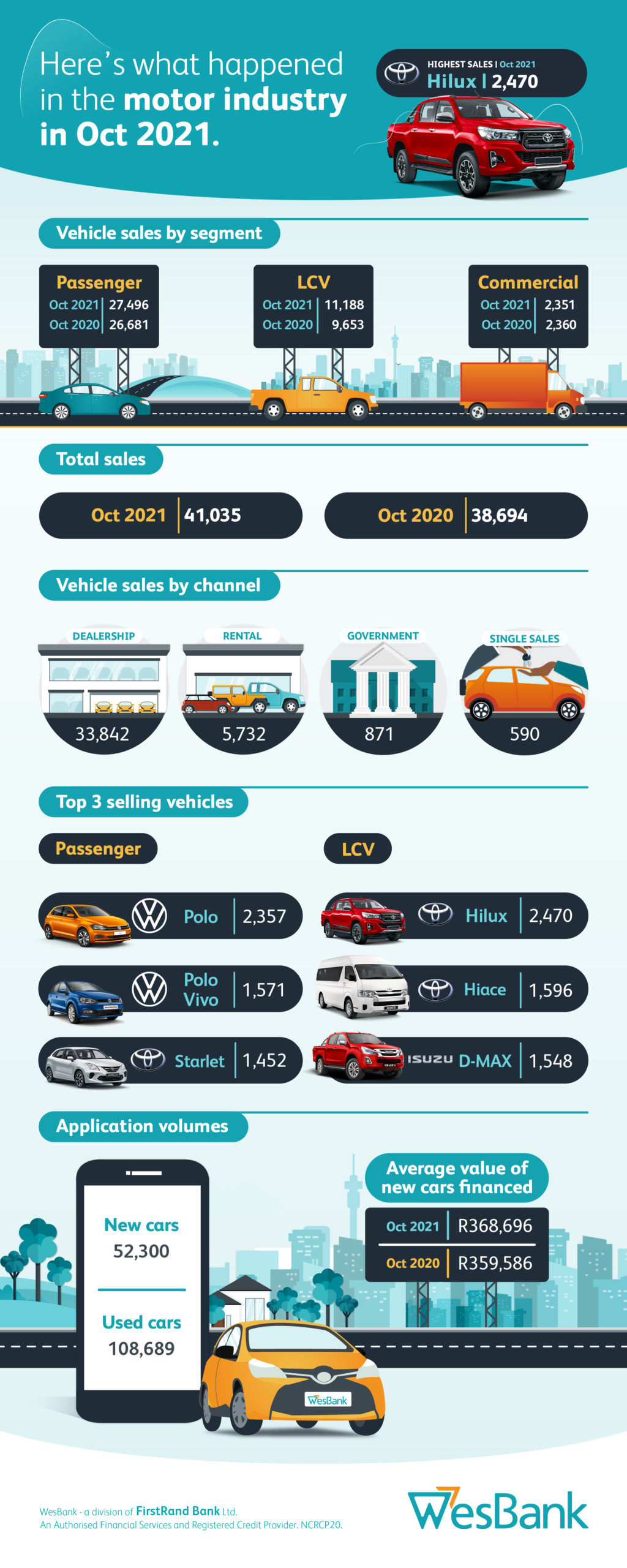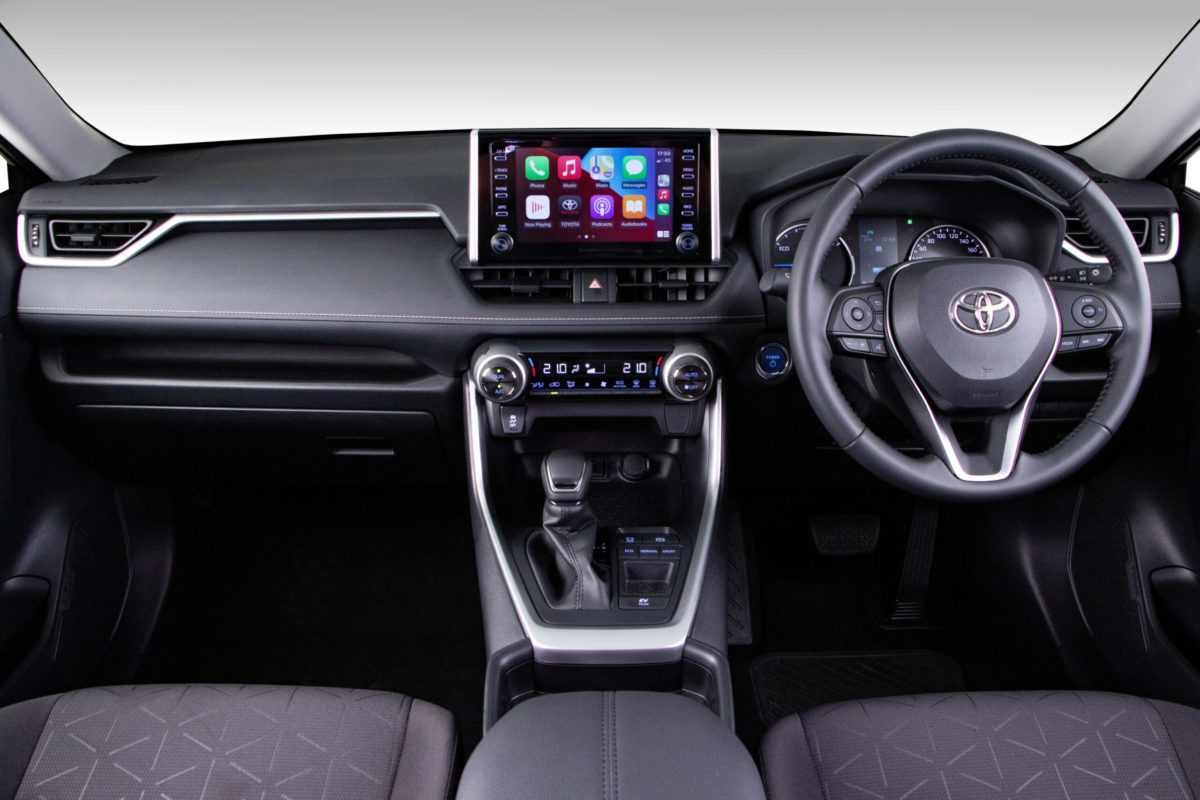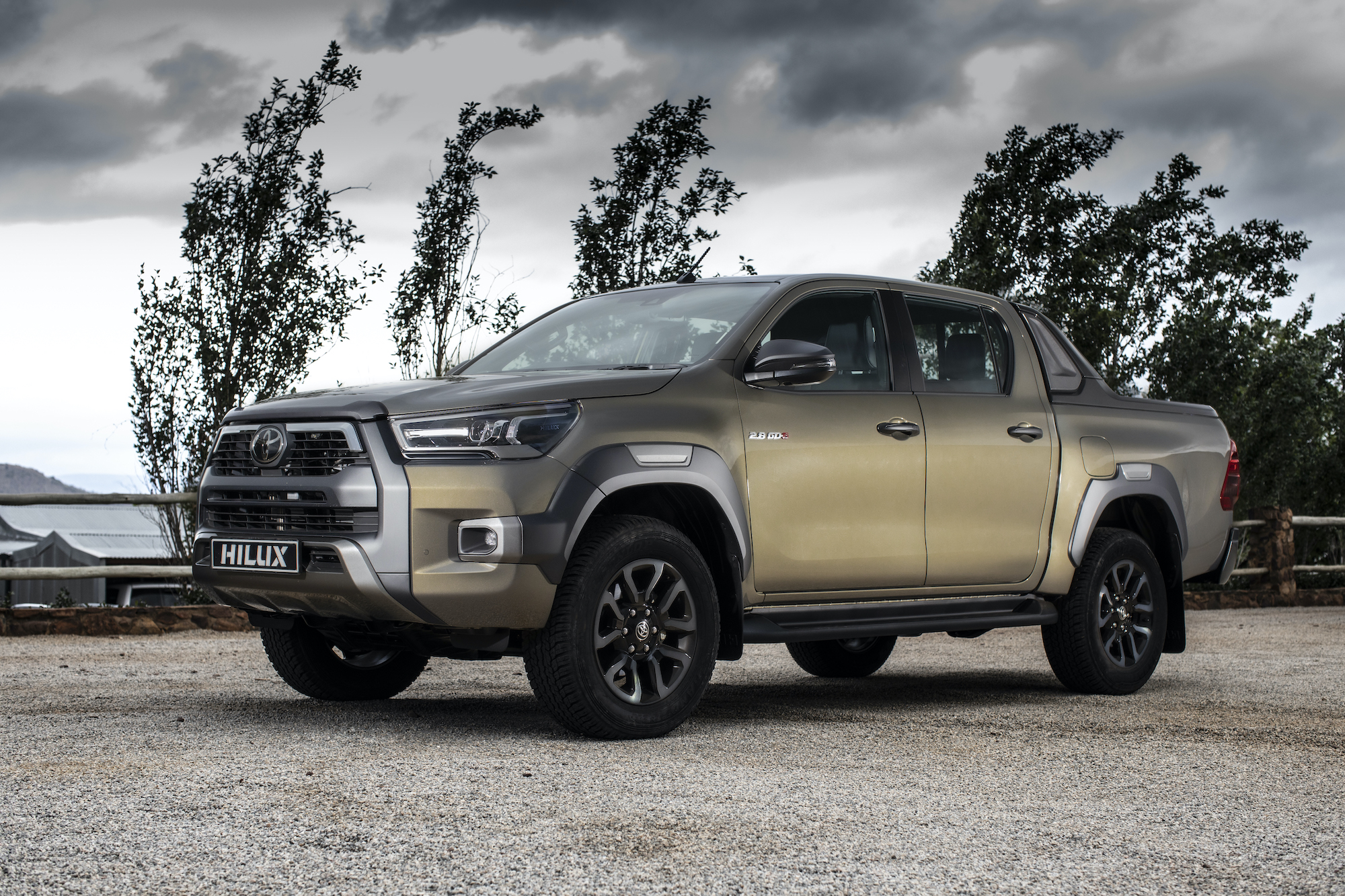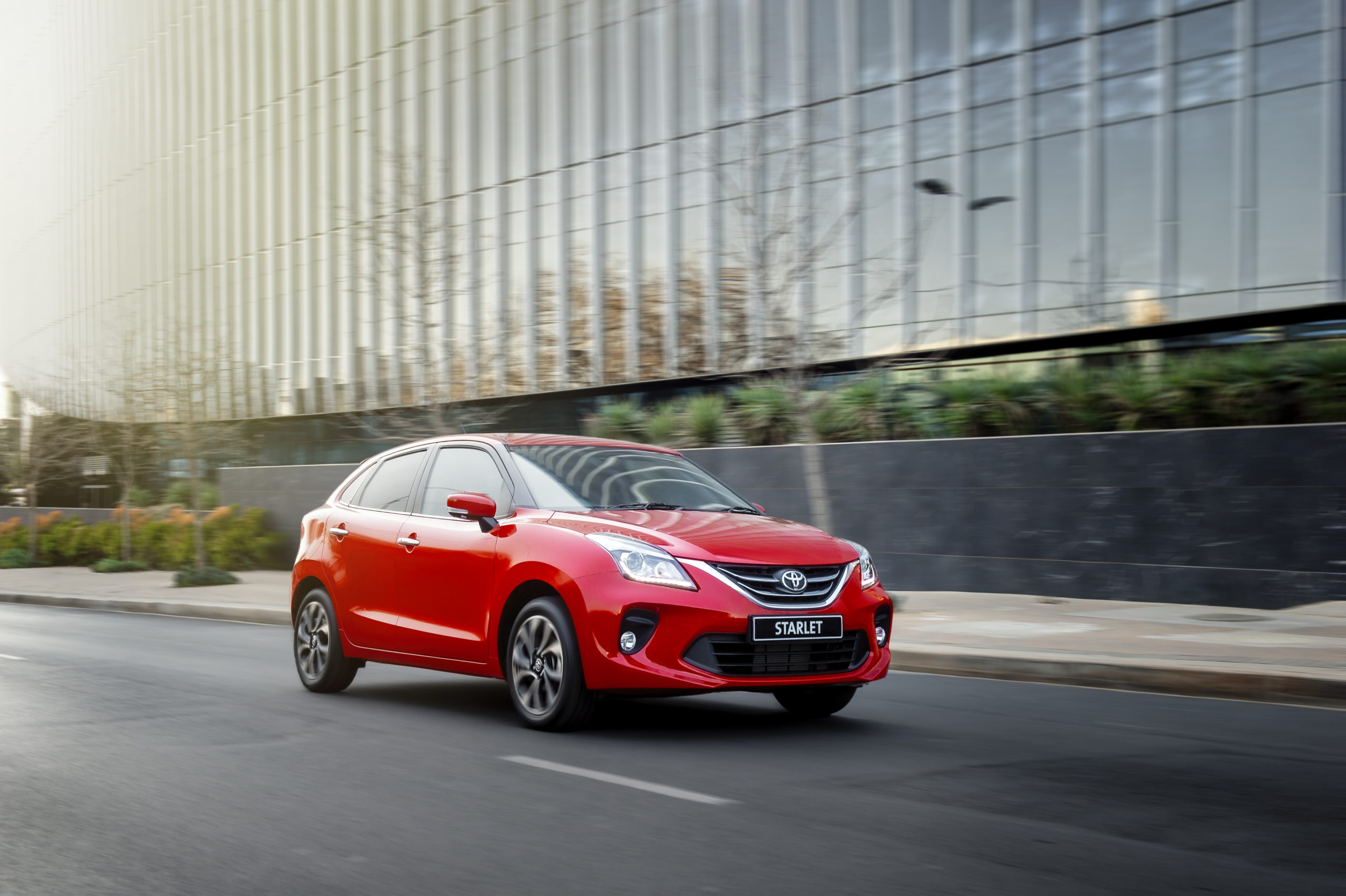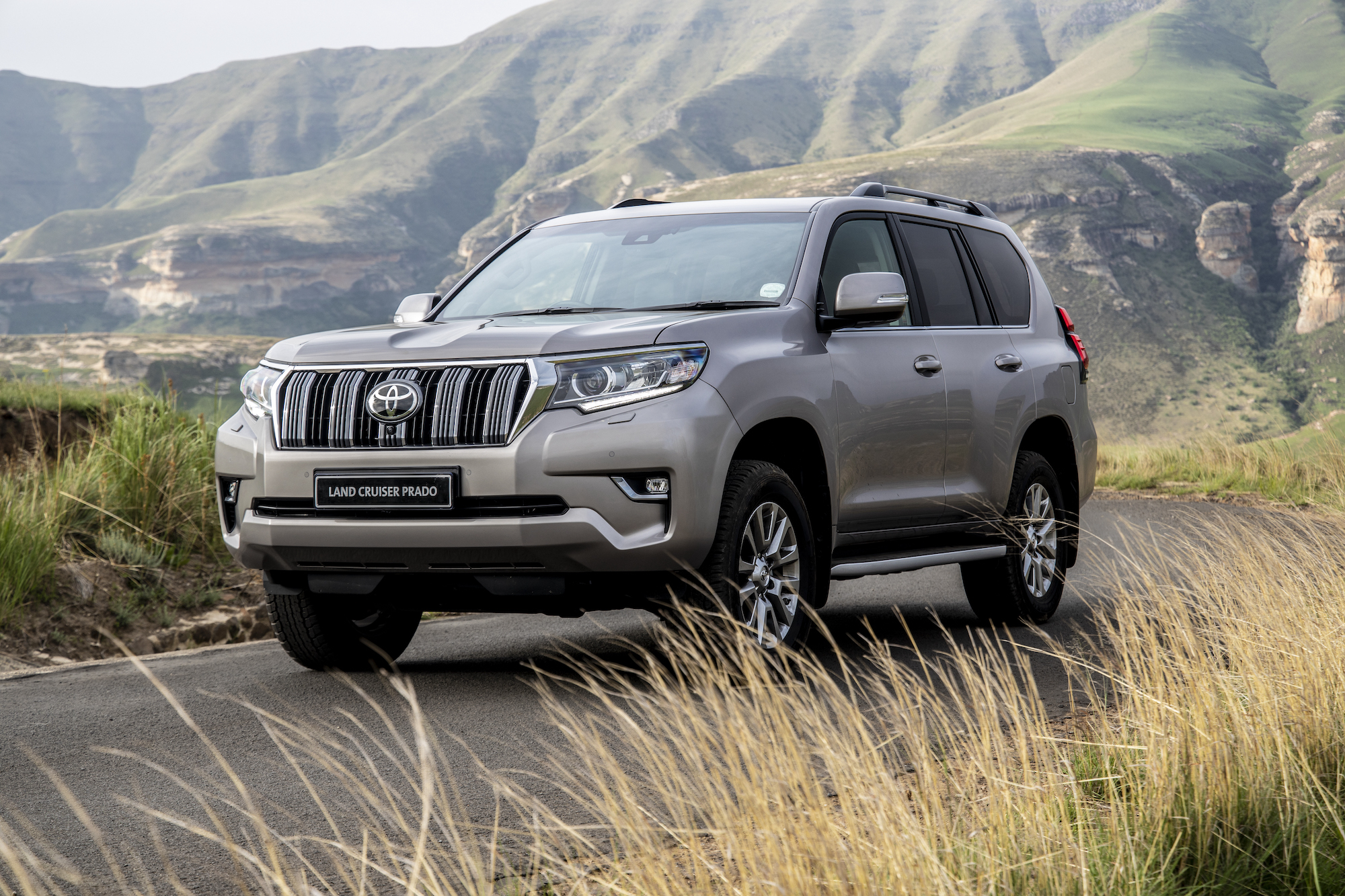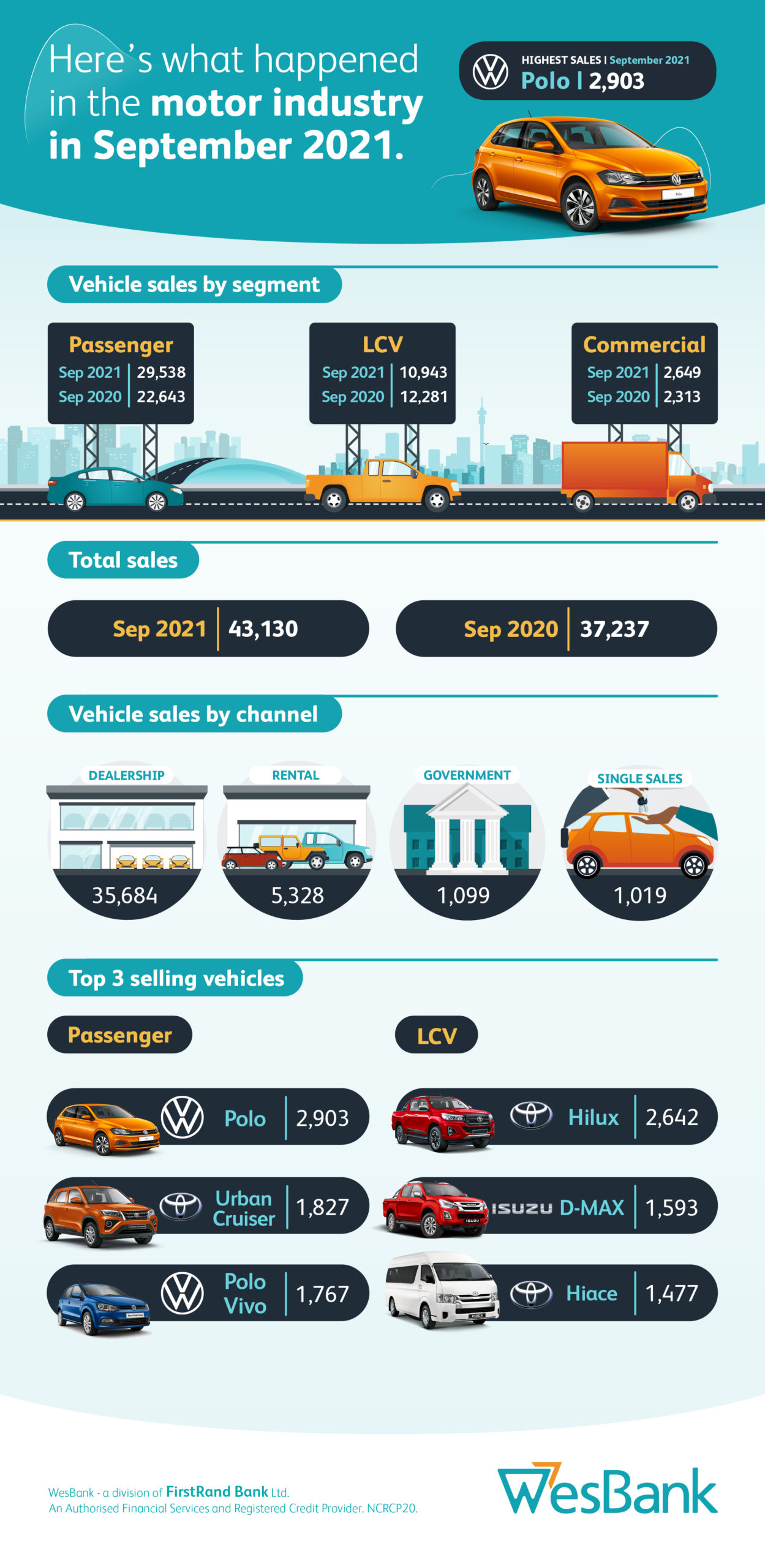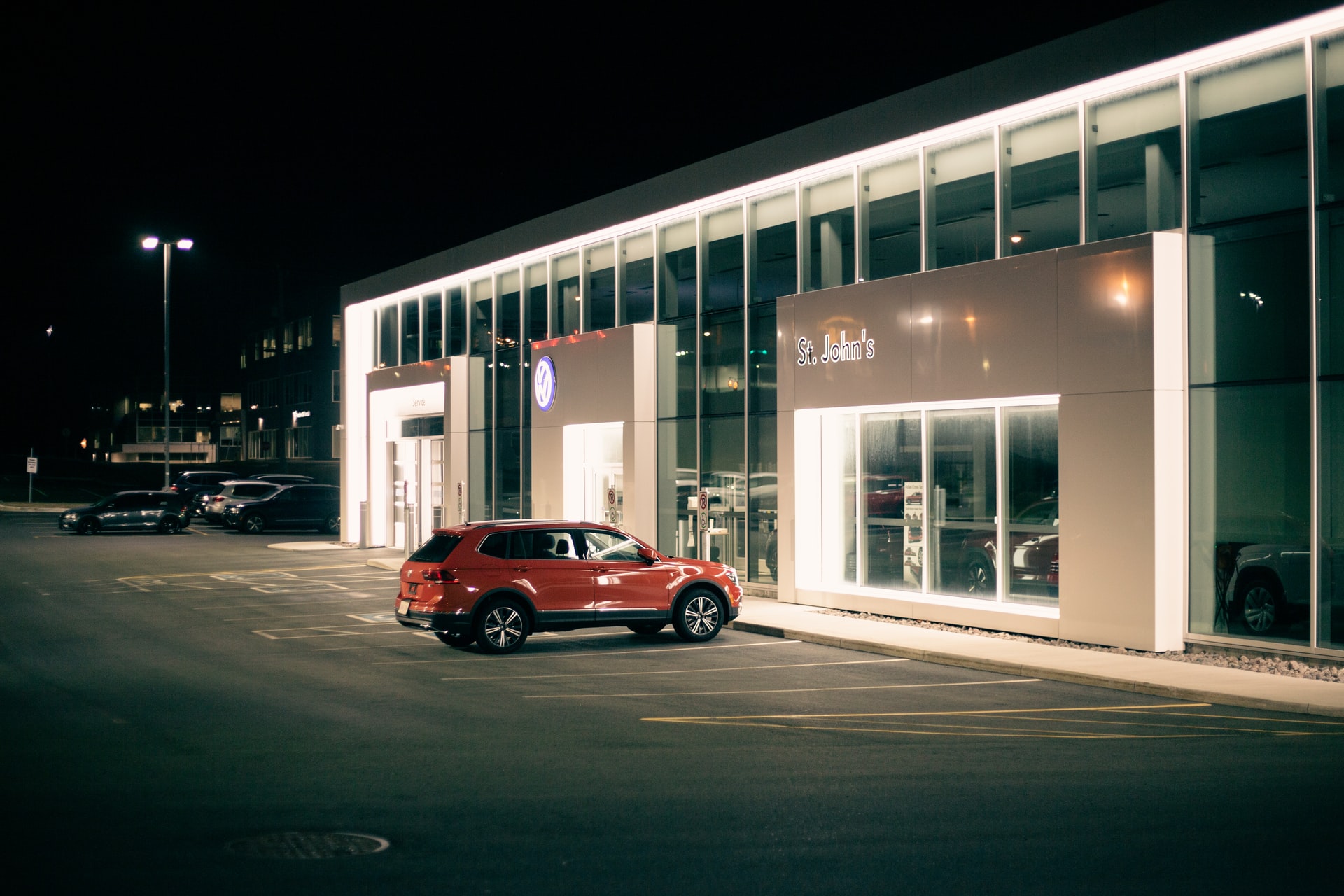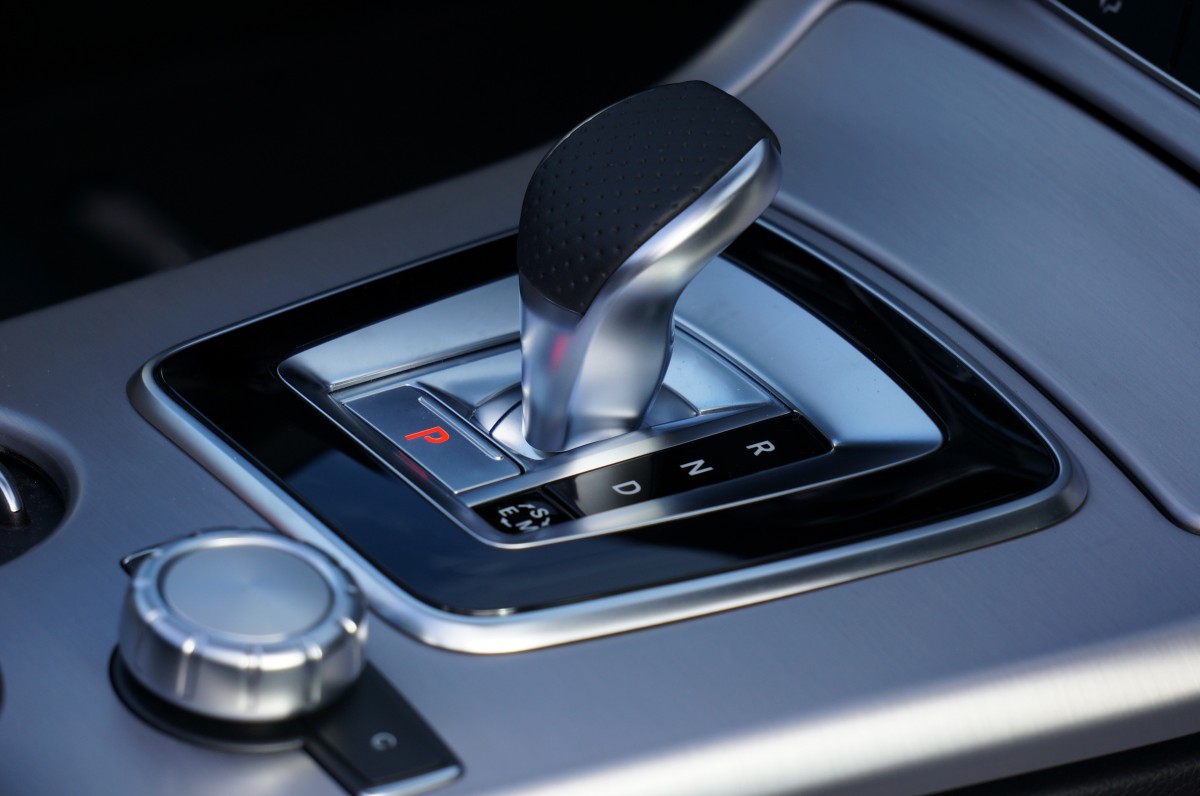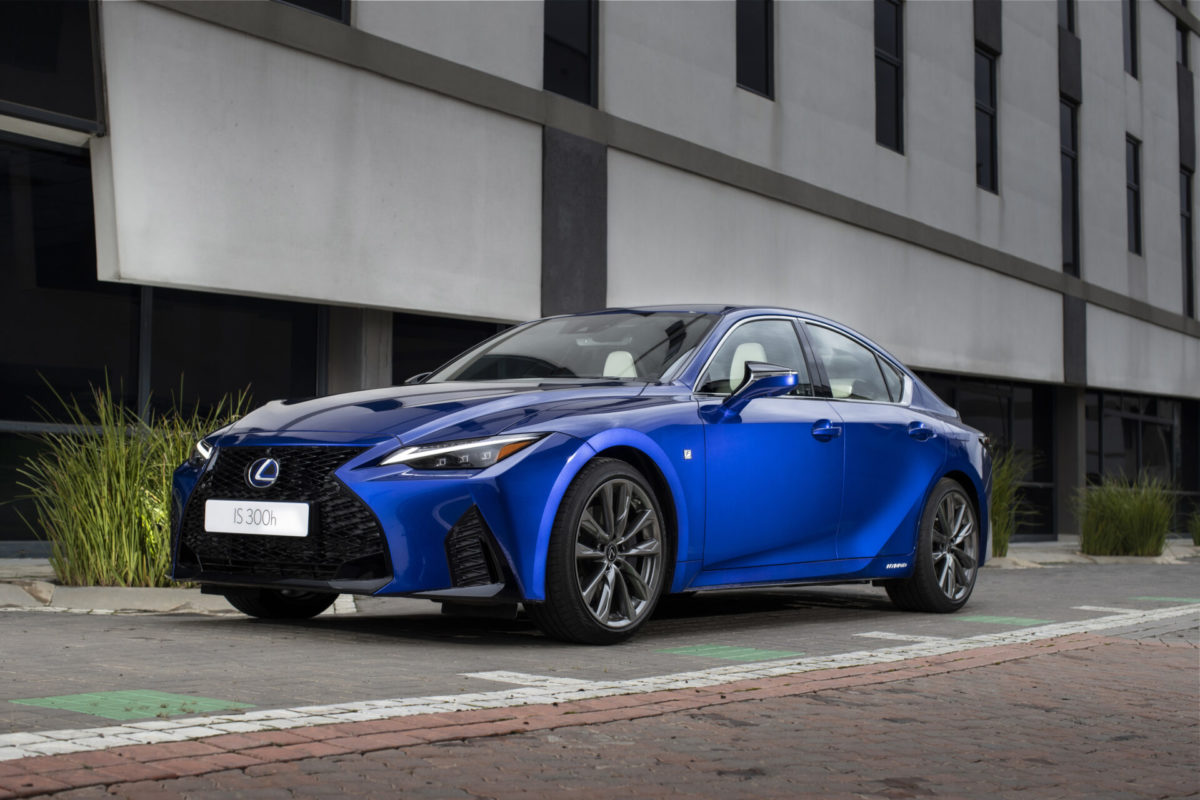naamsa Responds To The National Budget Speech
The auto industry welcomes the balanced pronouncements made by the Minister of Finance, but has expressed concern over the lack of support for New Energy Vehicles.
The Automotive Business Council has welcomed Minister Enoch Godongwana’s highly anticipated budget speech which addressed several important national topics affecting the country today.
As a responsible corporate citizen, the auto sector understands and welcomes the focus given to the energy crisis, tax cuts for households and businesses, increases in various social services, including health, education, and social grants, and the R903 billion earmarked for infrastructure spending.
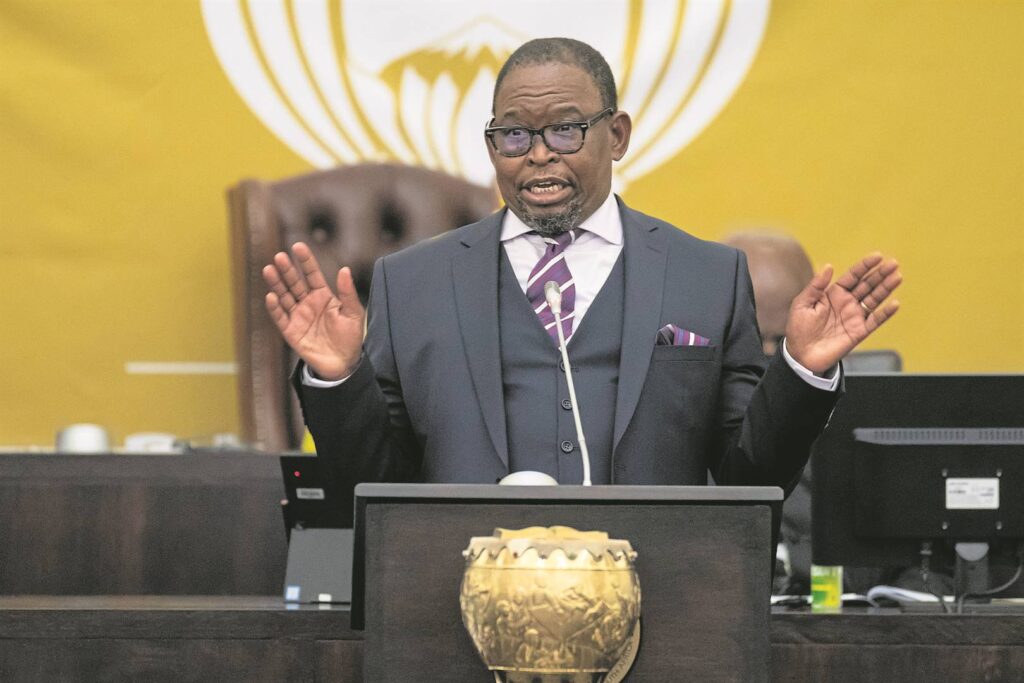
As it relates to the automotive industry, naamsa welcomed the announcement of a 25% tax rebate, up to R15,000.00 for residential solar installations and the rebate guarantee scheme for businesses that have been hit hard by ongoing power outages and rising energy costs. This relief bodes well for the energy needs of many local auto specific businesses who are impacted negatively by the systemic energy supply challenges.
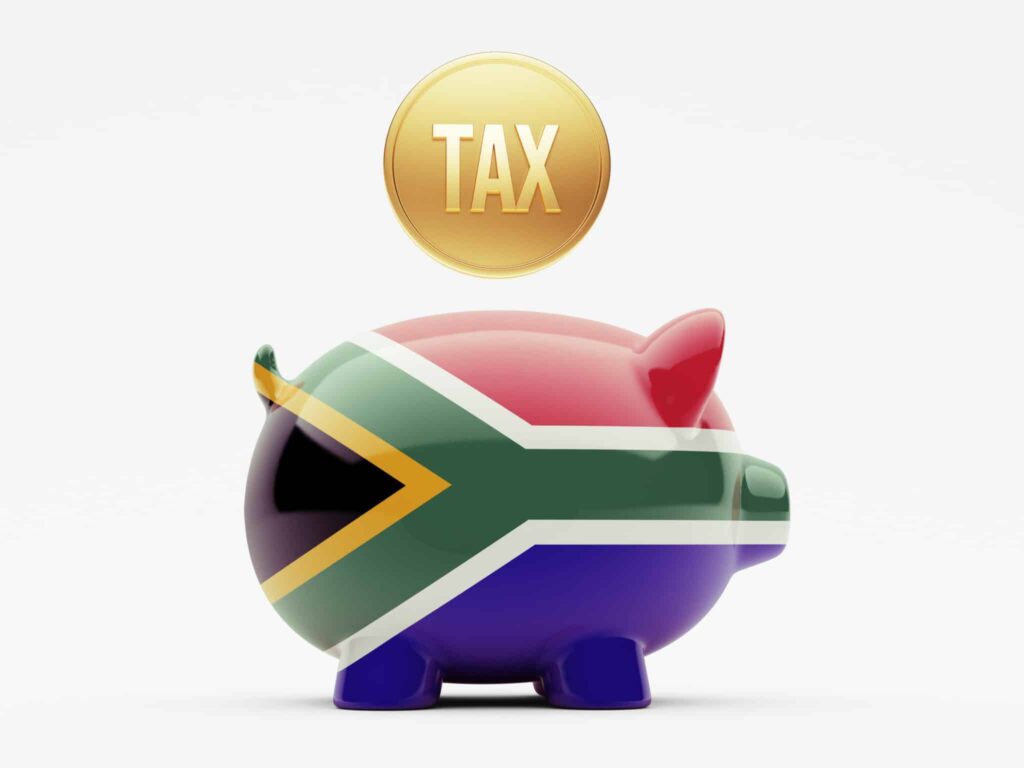
However, while the Minister was progressive in his announcements generally, the automotive industry was particularly disappointed that no solid commitment was made on the support programme for the manufacturing of NEVs and NEV components in the country.
The Minister did not provide any policy guarantees for the South African automotive industry’s inevitable transition to New Energy Vehicles notwithstanding South Africa’s commitments to transition and decarbonisation strategies covered by the $8,5 billion allocation. The industry further reiterated that the delays with the promulgation of the NEV White Paper continues to pose as one of its biggest risk towards investment and retention of jobs in many of our local production lines.
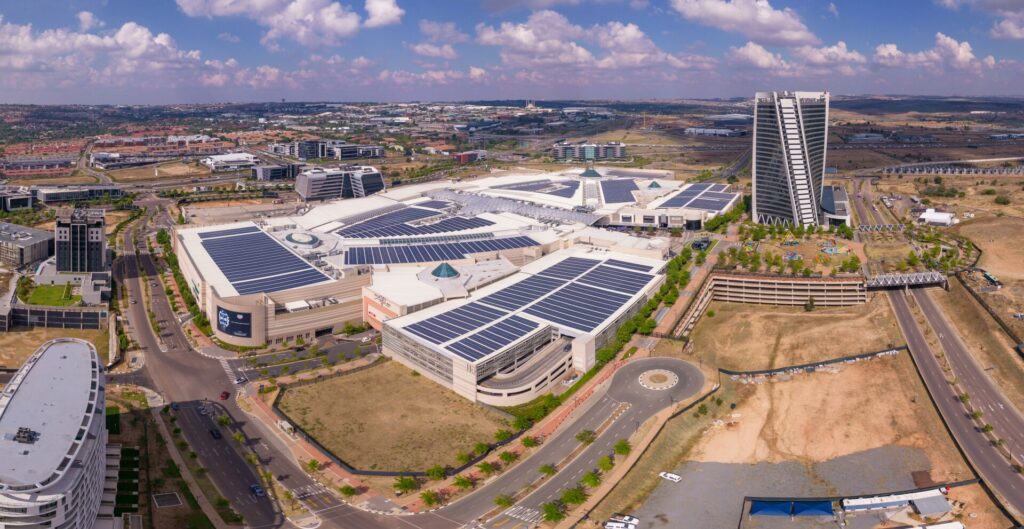
As outlined in the recently released naamsa Thought Leadership Paper, the country’s policy makers must demonstrate tangible and deliberate intent to create and stimulate a competitive environment for the NEV market through various government support schemes for NEV production in order for the South African automotive industry to remain globally relevant, competitive and strong.
